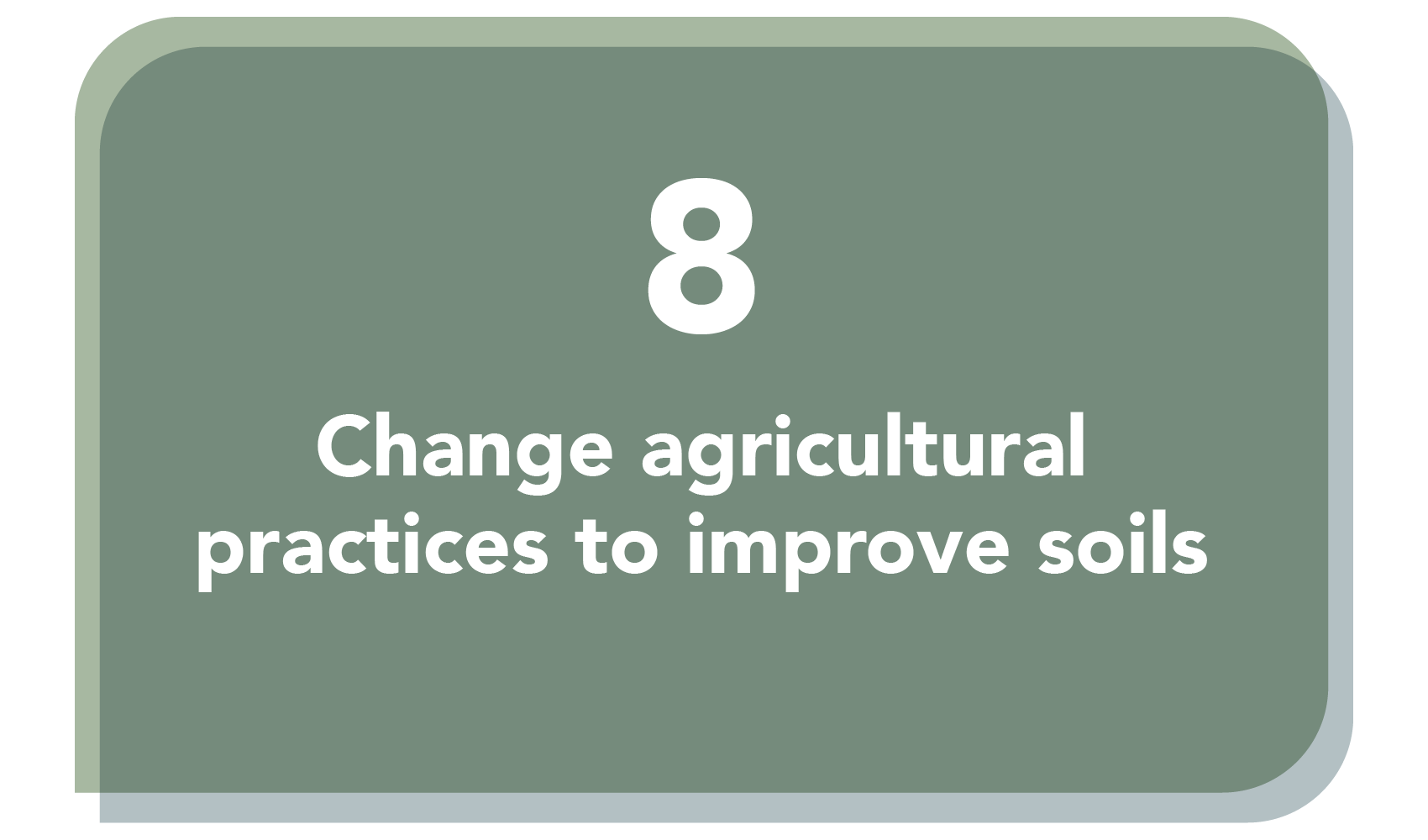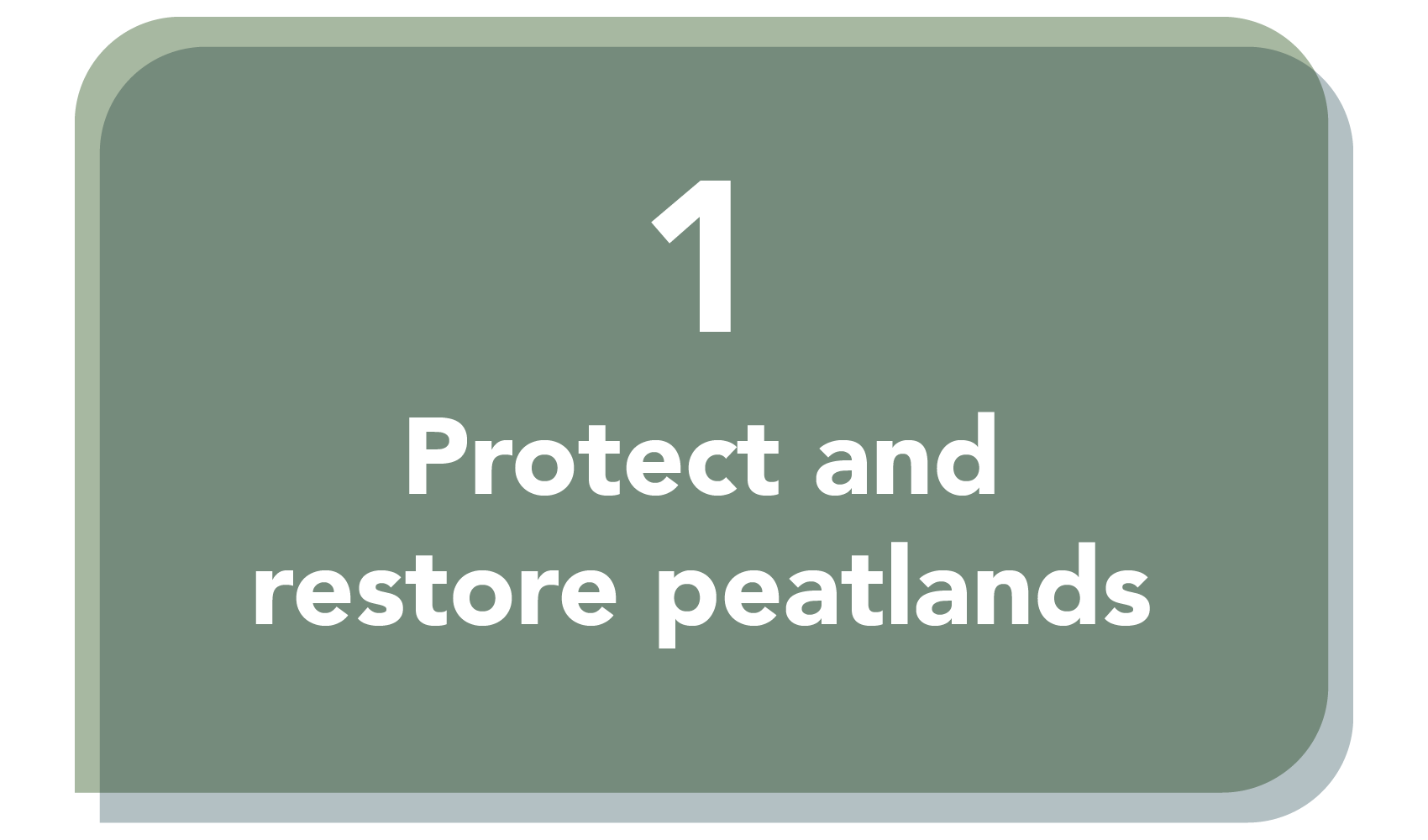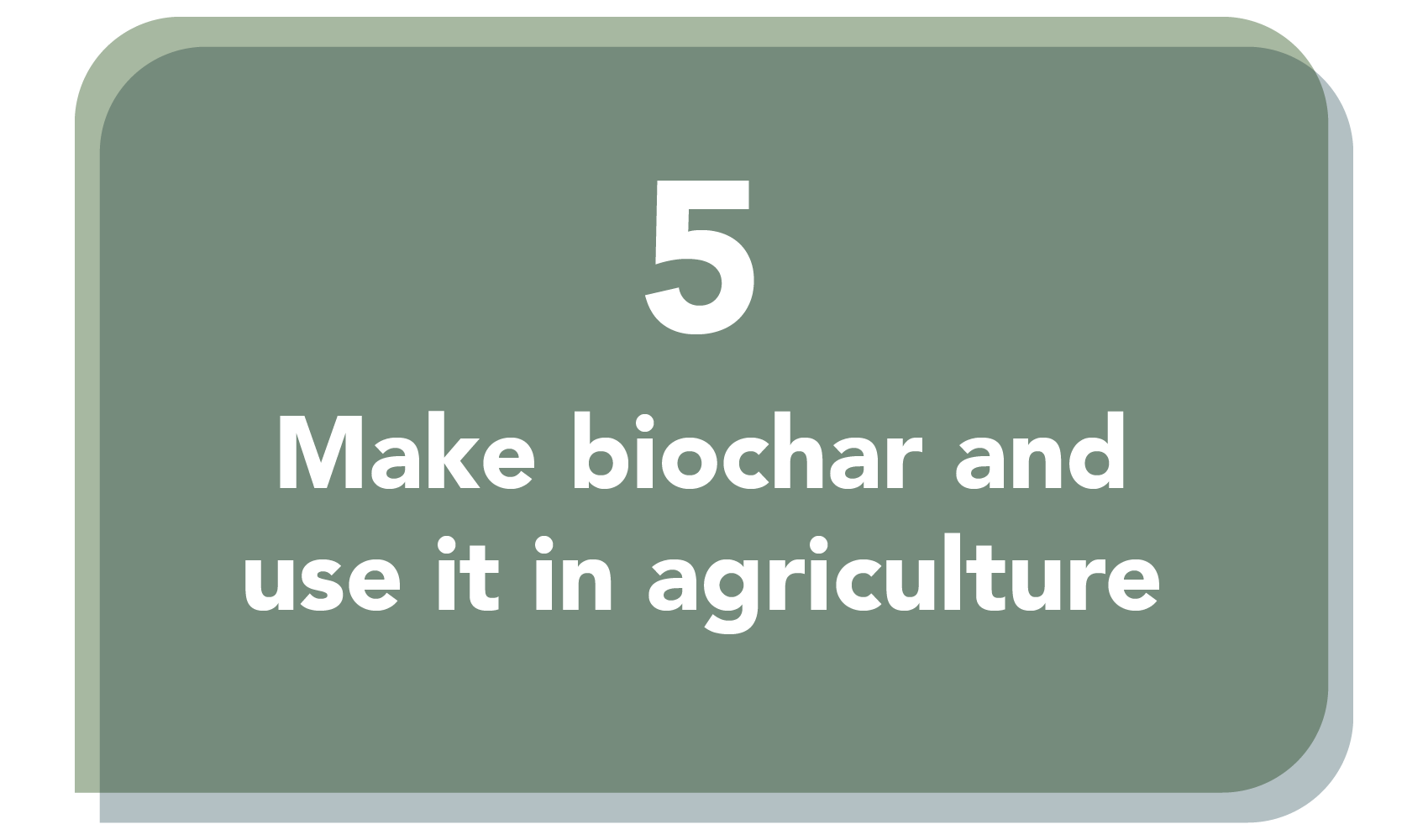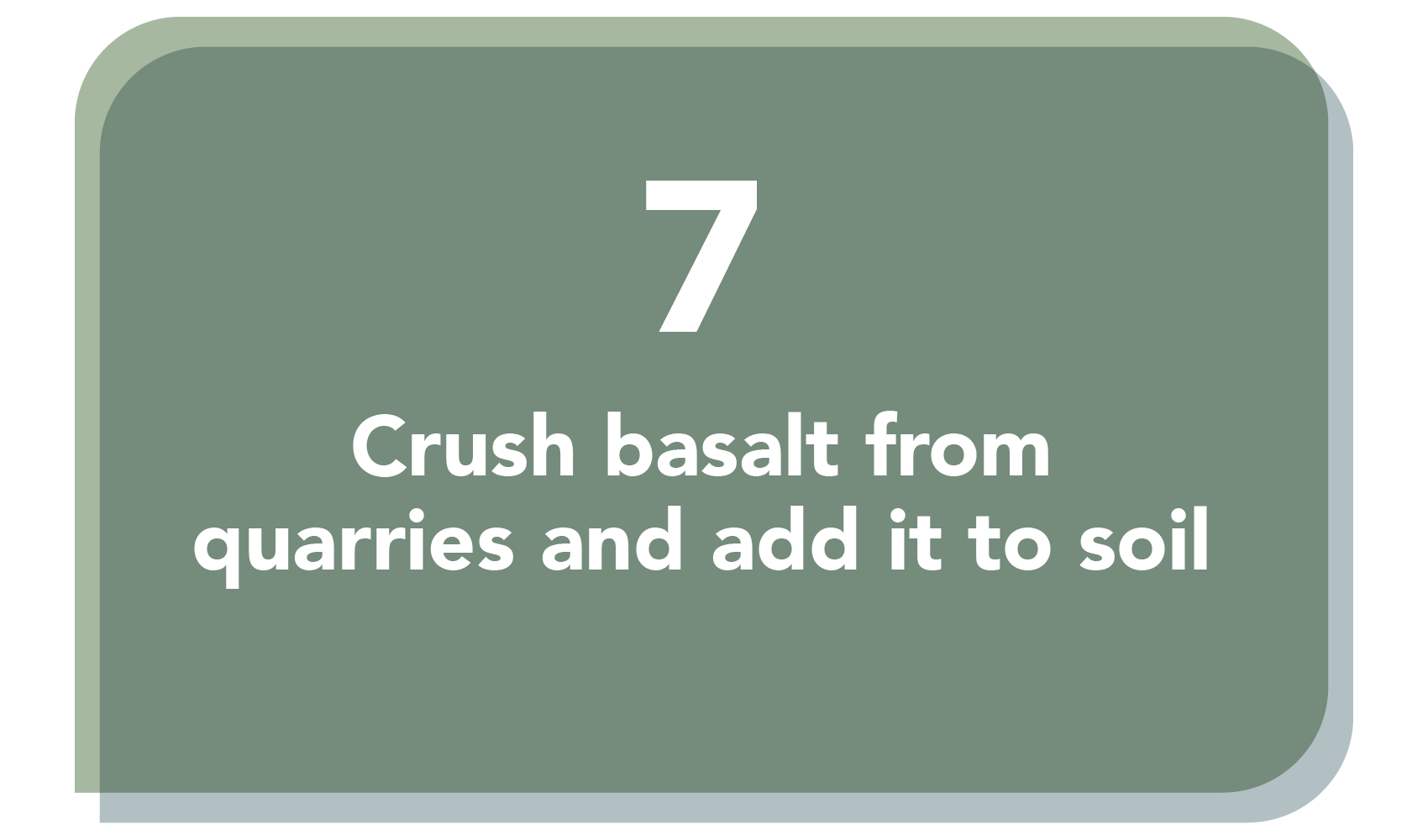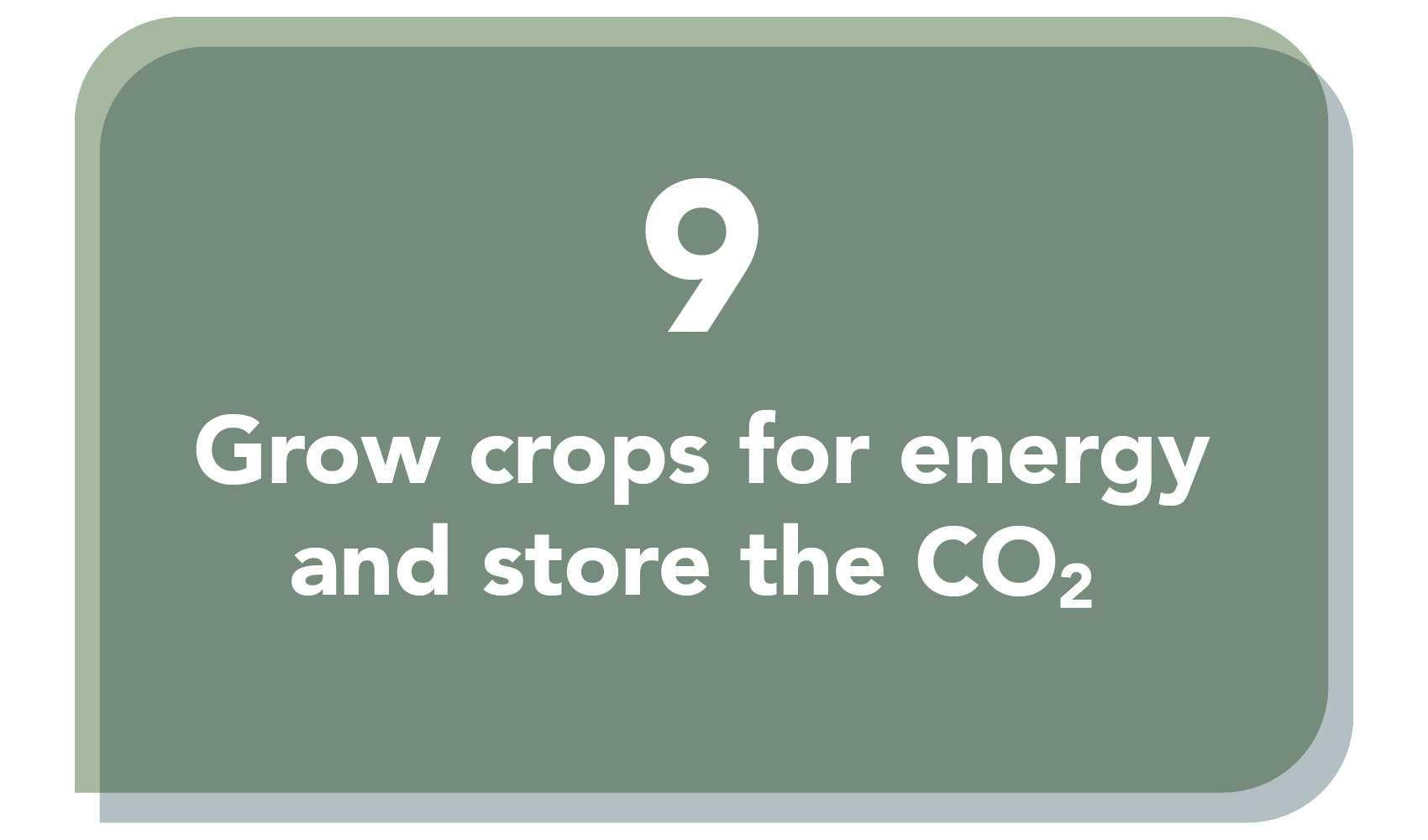()

In past decades, soils have degraded due to the changing use of land from native ecosystems (such as peatlands, forests and grasslands) to arable lands. Intensive farming has led to soils holding a lower amount of organic matter.

Organic matter is necessary for soil health, which in turn affects food productivity, biodiversity and flood protection.

It also provides a way of storing carbon in the soil, which benefits the climate.

The amount of carbon stored in soils can be preserved or improved by adopting better agricultural practices. These will vary according to local climate, soil type and crop. They may involve the use of no-till methods, cover crops, better crop rotations and introducing organic matter into the soil, for example.

Introducing trees into agricultural land – known as agroforestry – could also help restore degraded soil and bring biodiversity benefits.


